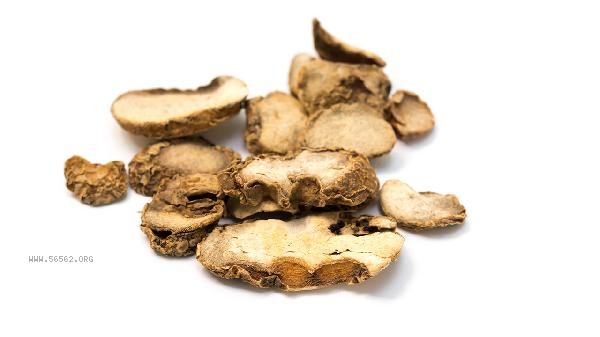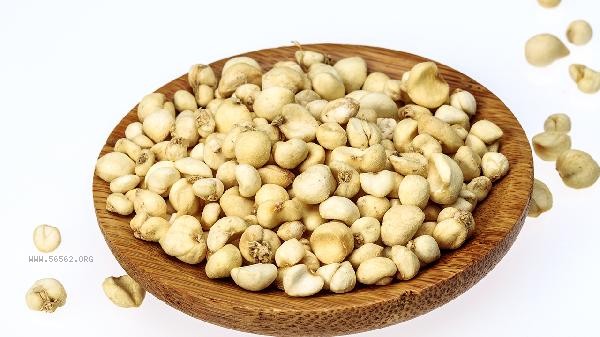People with yin deficiency and dry cough, spleen and stomach deficiency and cold, excessive phlegm and dampness, allergic constitution, and pregnant women are not suitable for eating Fritillaria. Beimu, as a commonly used traditional Chinese medicine, although has the effect of moistening the lungs and stopping cough, it needs to be used according to the differentiation of physical constitution.

1. Patients with Yin Deficiency and Dry Cough
Patients with Yin Deficiency and Dry Cough have insufficient Yin fluid in their bodies, and common symptoms include dry cough without phlegm, dry throat, and dry mouth. Fritillaria has a slight coldness, which may worsen the damage caused by vaginal fluid depletion. Such people are more suitable for choosing yin nourishing and dryness moistening prescriptions such as Shashen Maidong Tang, and commonly used traditional Chinese patent medicines and simple preparations include Yin nourishing and lung clearing pills, Lily Gujin tablets, etc. Misuse of Fritillaria may lead to persistent cough.
2. Patients with spleen and stomach deficiency and cold
Patients with spleen and stomach deficiency and cold are characterized by loss of appetite, thin stools, and cold limbs. The cold nature of Fritillaria cocos may damage spleen yang and worsen diarrhea. It is recommended that this group of people choose Lizhong Wan and Fuzi Lizhong Wan as isothermal tonics for the spleen and stomach. Both Sichuan Fritillaria and Zhejiang Fritillaria are cold products and should be used with caution.
3. Patients with excessive phlegm and dampness
Those with phlegm and dampness constitution are more likely to have phlegm with multiple colors and white, chest tightness and shortness of breath. Although Fritillaria has a phlegm resolving effect, it is more suitable for dry phlegm and has limited effect on wet phlegm. Erchen Pill, Banxia Dew and other medicines for drying dampness and resolving phlegm are more suitable. Misuse of Fritillaria may lead to difficulty in the consolidation of phlegm and dampness.

4. Allergic individuals
Some people may have allergic reactions to plants in the lily family, and taking Fritillaria may cause allergic symptoms such as skin itching and rash. Before the first use of Fritillaria, a small dose can be taken to observe for any adverse reactions. People with a history of allergies to traditional Chinese medicine should be more cautious.
5. Pregnant women
Pregnant women have special physical conditions, and mothers may affect fetal development through the placenta. Especially in early pregnancy, the use of any preparations containing Fritillaria should be avoided. If necessary, consult a traditional Chinese medicine practitioner and choose relatively safe alternative medicinal materials such as perilla leaves and mulberry bark.

Before using Fritillaria, it is recommended to consult a professional Chinese medicine practitioner for physical identification and avoid self medication. It can be adjusted with dietotherapy in daily life. For example, those with yin deficiency eat Broth of white fungus, and those with phlegm dampness drink tangerine peel tea. Store Fritillaria in a cool and dry place to prevent mold growth. If you experience discomfort such as diarrhea or rash after taking it, you should immediately stop using it and seek medical attention.








Comments (0)
Leave a Comment
No comments yet
Be the first to share your thoughts!